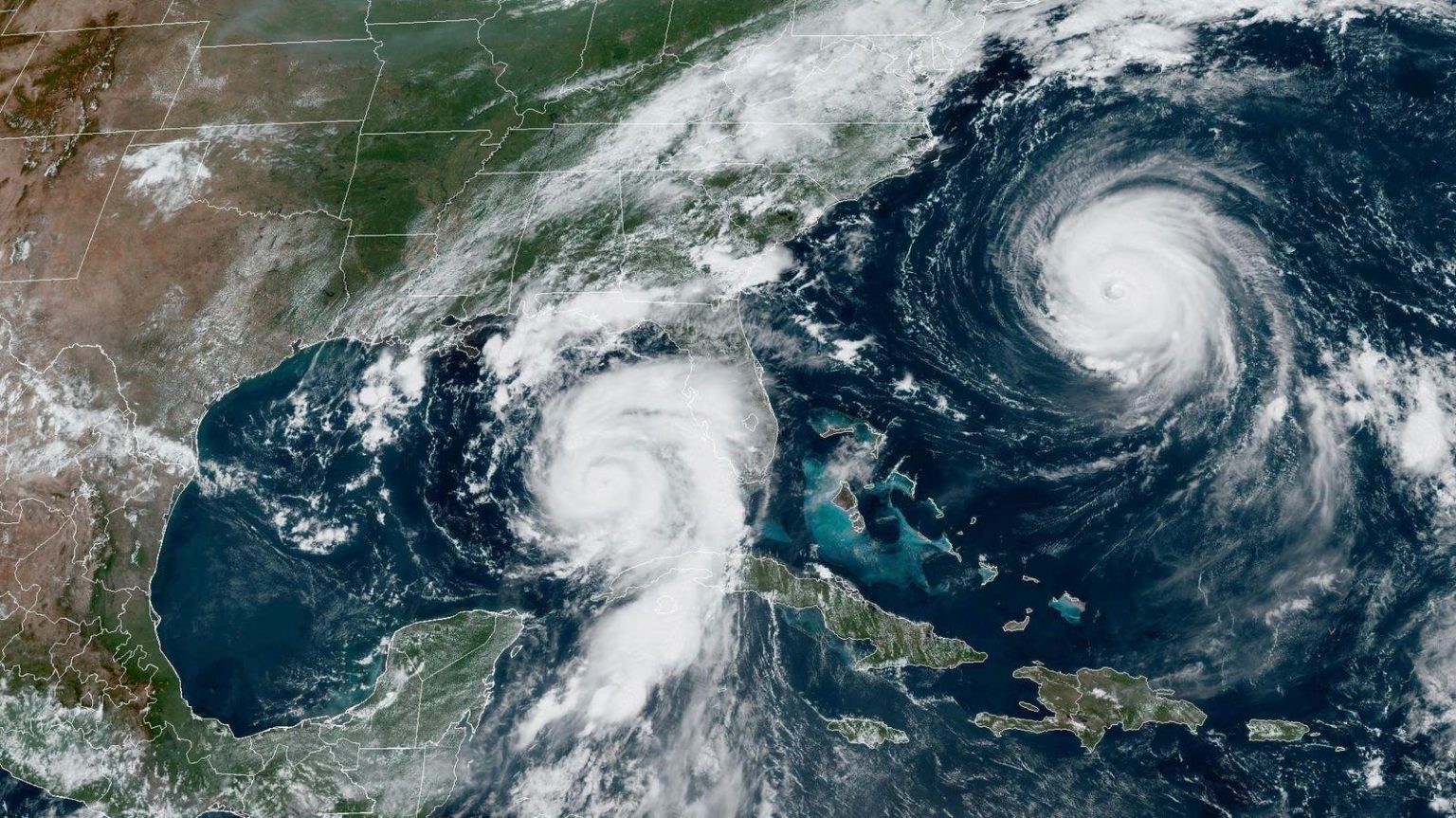The 2024 Atlantic hurricane season is anticipated to be one of the busiest ever predicted by the National Oceanic and Atmospheric Administration (NOAA), with meteorologists forecasting between 17 and 25 named storms, including eight to 13 hurricanes and four to seven major hurricanes. This ominous outlook is due to near-record warm sea surface temperatures and the return of the weather phenomenon La Niña, which can reduce disruptive wind speeds that offset hurricane formation. If the predictions hold true, it would surpass the average of 14 named storms observed annually over the past three decades.
AccuWeather meteorologists have also issued warnings that the 2024 Atlantic season could be “explosive,” potentially hitting a “record-setting pace” with as many as 25 named storms, with a significant number making landfall in the U.S. The 2024 forecast follows a trend of increasing storm activity in recent years, with NOAA predicting the most named storms ever going back to their first outlook in 1998. Despite only one Atlantic hurricane making landfall in the U.S. last year, Hurricane Idalia, a Category 3 storm, caused up to $20 billion in damage in Florida and Georgia.
In 2023, Hurricane Ian, a Category 4 storm, swept through Florida, causing an estimated $112.9 billion in damage and resulting in nearly 150 fatalities. The potential for catastrophic damage and loss of life is a looming threat as the Atlantic hurricane season officially begins on June 1 and lasts through the end of November. While NOAA’s National Hurricane Center is currently not forecasting any Atlantic hurricanes or tropical storms over the next 48 hours, the risk remains high for a devastating storm season given the historical averages and predictions thus far.
As the East Coast and Gulf of Mexico brace for a potentially devastating hurricane season, it is vital for residents in hurricane-prone areas to prepare and take precautions to ensure their safety and minimize damage to their homes and communities. With the increasing frequency and intensity of storms in recent years, it is crucial for individuals and communities to stay informed, have emergency plans in place, and be ready to evacuate if necessary. The 2024 season may prove to be a significant challenge for emergency responders and communities already dealing with the aftermath of previous storm seasons.


